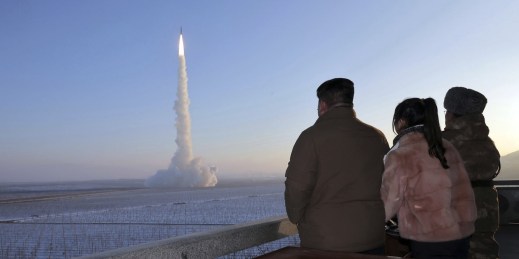Opinion Archive
Free Newsletter

Something unfamiliar is spreading in Argentina: optimism. The impact of President Javier Milei’s dramatic economic reforms has exceeded expectations, even as Milei has maintained popular support. But there is now so much enthusiasm that it raises the risk of irrational exuberance, especially given the scale of the challenge ahead.

Negotiators of an international legally binding treaty on plastic pollution, including in the marine environment, just concluded their fourth session in Ottawa, Canada. With four rounds of talks now down and just one to go, negotiators left Ottawa with no agreement on the scope of the future treaty nor any narrowing of options.

Emmanuel Macron recently made clear that he views France’s nuclear deterrent as an essential part of European defense, while Russia engaged in another round of nuclear saber-rattling in order to dissuade further Western support to Kyiv. All of this raises a fundamental question: Are nuclear weapons actually an effective deterrent?

Name-calling among Latin America’s leaders has reached the level of schoolyard smears and taunts, but with far more significant implications. It has resulted in recalled ambassadors and crumbling diplomatic relations. And it has made the longstanding dream of regional integration seem more distant than it has been in decades.

While large economies like Germany, France and the U.K. have been mired in stagnant growth and even recession over the past few years, Portugal, Italy, Greece and Spain have managed to flip the EU’s economic script. But questions remain as to whether the region’s economic momentum can be maintained going forward.

